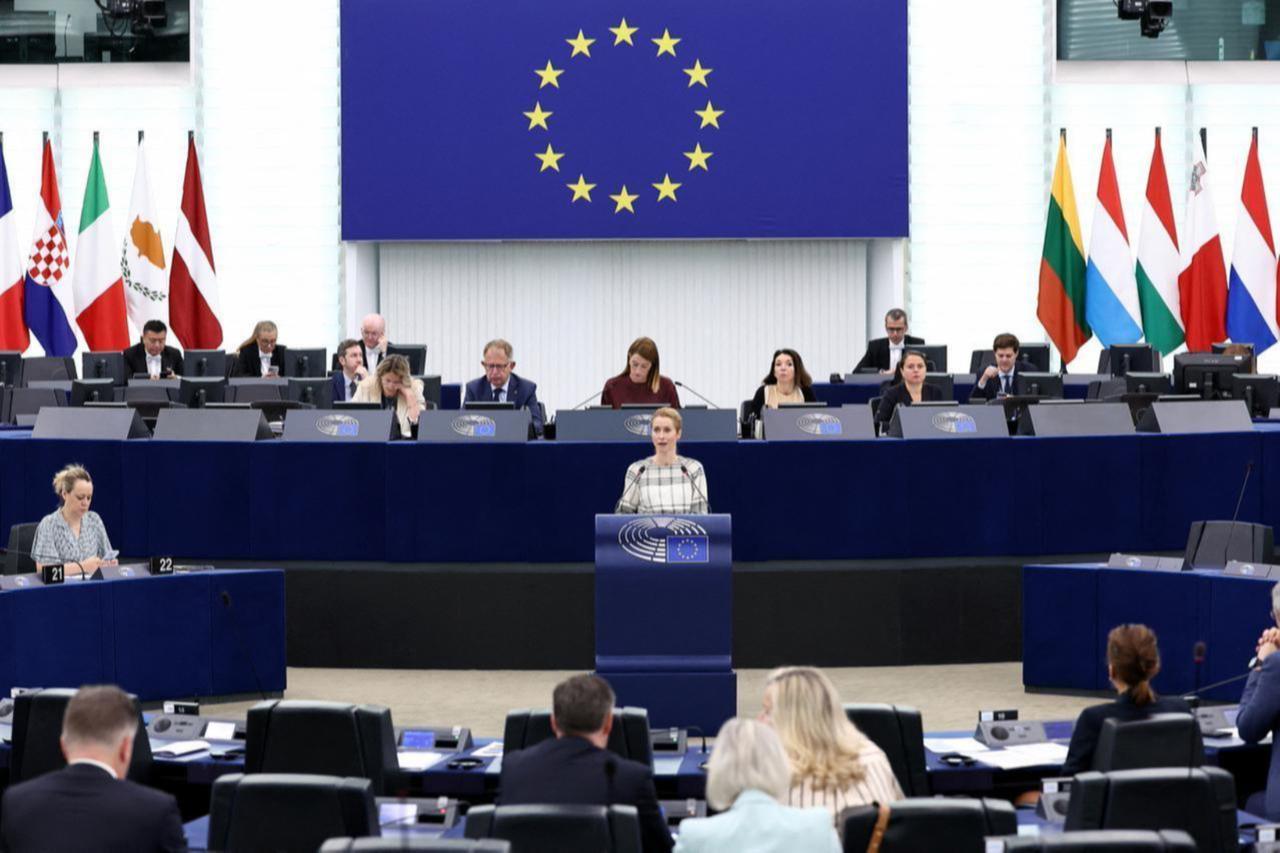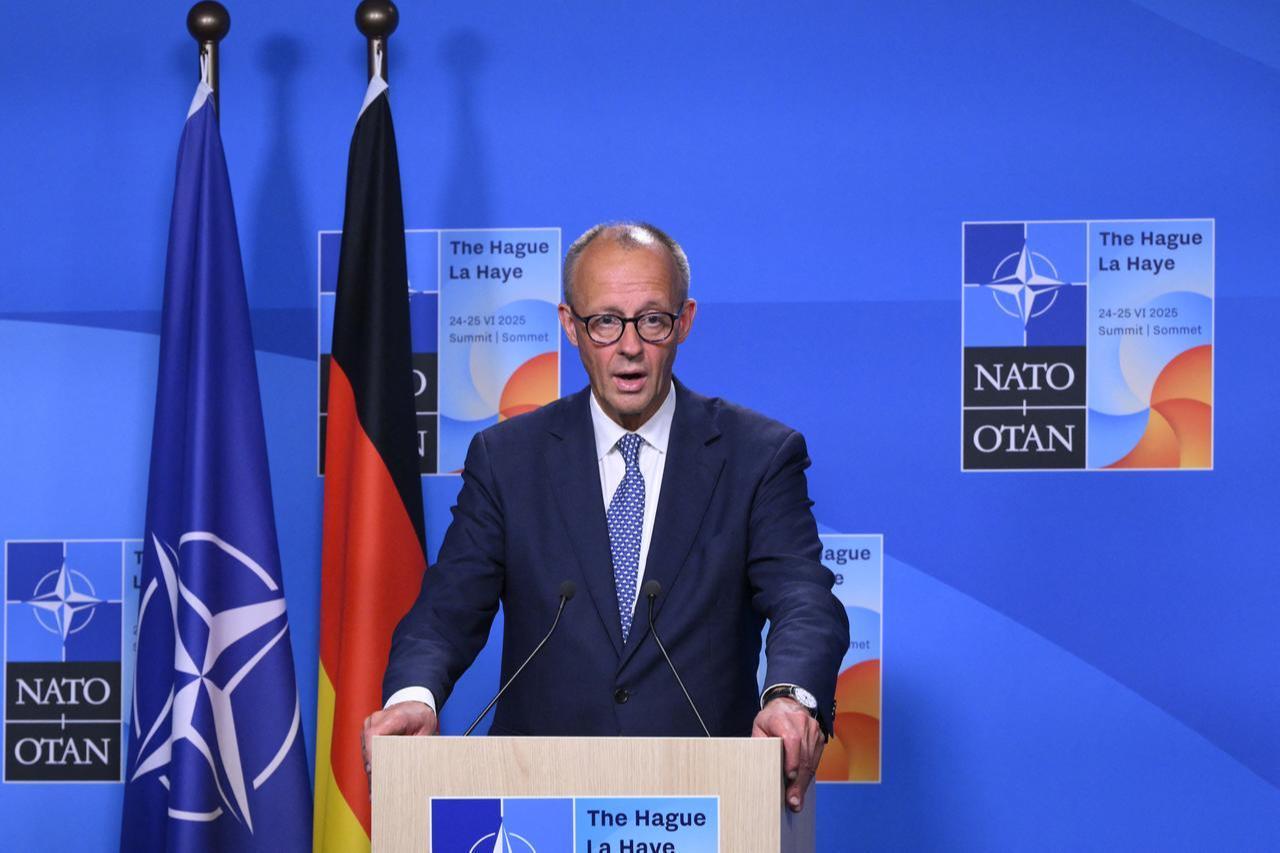
The European Union's top diplomat has endorsed a controversial proposal to leverage frozen Russian assets to finance Ukraine's defense, arguing it represents the most viable path forward as the war continues into its third year.
Kaja Kallas, the EU's High Representative for Foreign Affairs and Security Policy, told reporters in Brussels that using immobilized Russian funds would provide sustainable support for Ukraine while signaling to Moscow that time is not on its side. The remarks came following a meeting of the E5 Group—comprising Germany, France, Italy, the United Kingdom, and Poland—in Berlin.
"There are several options, but using frozen Russian assets is the clearest way to sustain Ukraine's defense," Kallas said. "It's also a way to show Russia that time is not in their favor."
The proposal under consideration would provide Ukraine with a €140 billion loan backed by Russian assets frozen under sanctions. Under the plan's structure, Ukraine would only be required to repay the loan if Russia pays war reparations, effectively making Moscow responsible for financing the reconstruction of the country it invaded.

Kallas commended Germany's role in supporting Ukraine, stating that Berlin's leadership "saves lives" and serves as an example for Europe. However, she acknowledged that prospects for immediate peace remain distant.
"We all agree that an urgent and complete ceasefire is a priority. But right now, Russia doesn't want to negotiate," Kallas said. "Every time the world extends its hand, Russia responds with missiles. Russia's recent attacks clearly demonstrate that the only way to pressure Russia is through war."
The EU is simultaneously advancing its 20th sanctions package against Russia. "Our sanctions are hitting Russia at its most vital point today," Kallas said.
The E5 Group meeting also addressed the increasing frequency of "hybrid" attacks targeting Europe, including sabotage operations, cyberattacks, and drone incursions. Kallas warned against normalizing such incidents.
"We cannot accept this as the 'new normal,'" she said. "We must work together systematically to combat hybrid threats and restore deterrence in European defense preparedness."
Next week, the EU Commission is scheduled to present a military mobility improvement plan designed to enhance the continent's ability to respond to large-scale military operations. According to Kallas, the initiative will include proposals to upgrade roads, bridges, tunnels, railway lines, airports, and other infrastructure to handle military movements, as well as streamlining permission processes for troop deployments across Europe and pooling transportation resources for mutual assistance.
The proposal faces scrutiny from Belgium, where the bulk of frozen Russian assets are held at Euroclear, a Brussels-based financial institution. Belgian Prime Minister Bart De Wever has called for risk-sharing arrangements, collective action, and clear legal foundations before proceeding with the plan.
Russia has warned that Belgium would be held responsible if the frozen assets are seized, adding diplomatic pressure to an already complex legal and financial arrangement.
The frozen Russian assets represent one of the most significant economic consequences of the sanctions regime imposed following Russia's invasion of Ukraine in February 2022. Western nations have grappled with the legal and practical challenges of converting frozen assets into usable funds for Ukraine, with proposals ranging from seizing the assets outright to using interest generated from the funds.